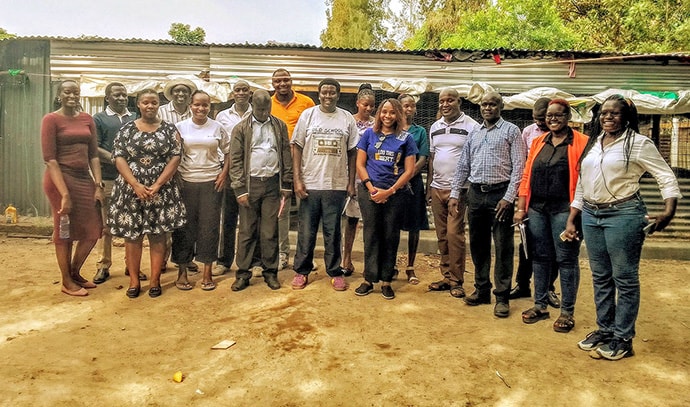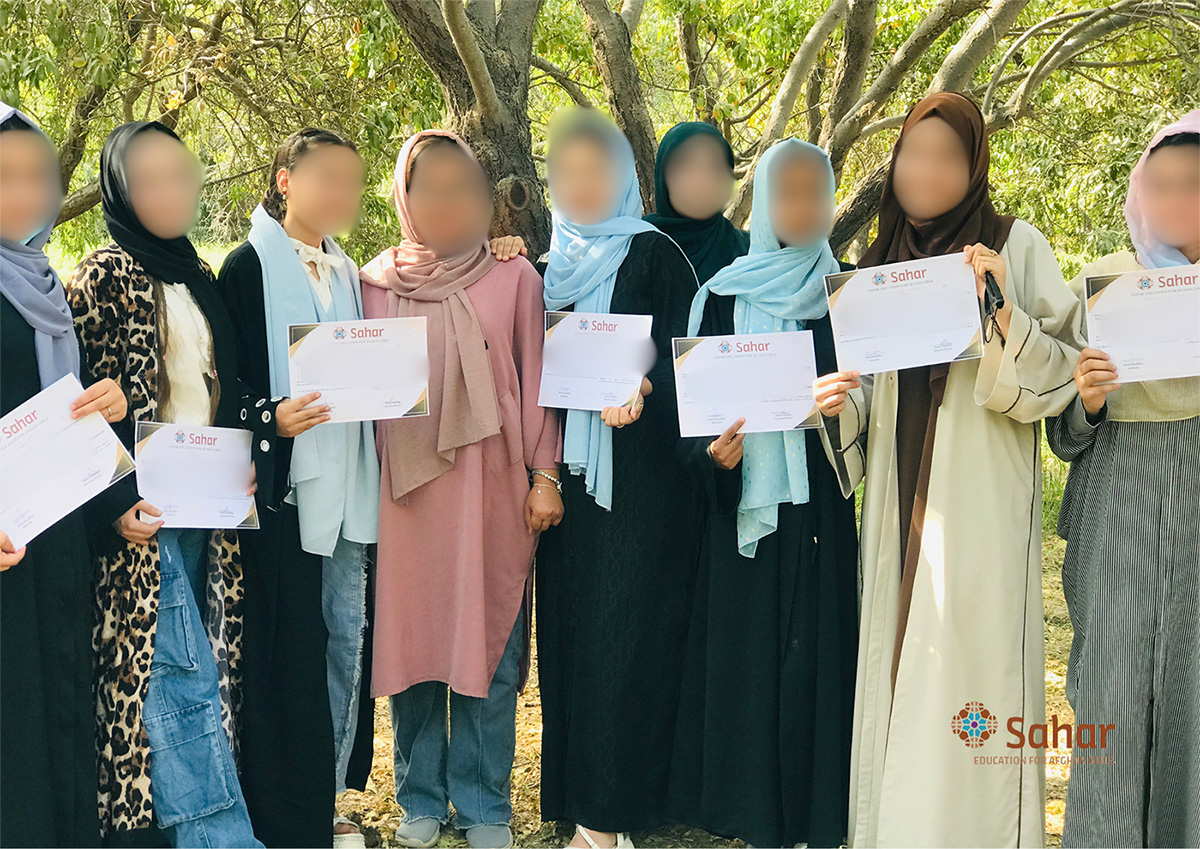Blog
Posted on August 16, 2024
By Caroline Odera, Founder and Executive Director of Women in Sustainable Development (WISE), and Ferdinand Wafula, Founder and Executive Director of Bio Gardening Innovations (Western Kenya)

ELAF gathering 2024. Photo: WISE
We hosted this year’s East Africa Leaders Forum for current and past Pangea Giving grantees.
The two-day convention brought together organizations from East Africa for organizational running experience sharing, network building, challenges experienced and strategies on new ideas aimed at serving the communities better. The convention was culminated with visits to various WISE beneficiaries and projects implemented by one of the partners, Bio Gardening Innovation (BIOGI). The visits were interactive and we believe as partners we had a lot to take home in terms of knowledge and ideas to help us make our organizations sustainable emanating from the theme: Sustaining the gains as we serve our communities.
Continue Reading
Posted on August 16, 2024
Educational Events:
Education is a cornerstone of Pangea’s mission. We believe that informed philanthropy leads to more effective resource allocation, ensuring that our initiatives are both relevant and impactful. Organized by GlobalWA, Pangea members are invited to participate in educational events throughout the year.
Continue Reading
Posted on August 15, 2024
By Allie Renar, Operations & Finance Manager, Sahar Education

Graduates from the 2nd round of the Underground TechSheroes program in July 2024. Photo: Sahar
August 15, 2024 – As we mark three years since the Taliban’s return to power in Afghanistan, the situation for women and girls in the country remains dire. The Taliban’s oppressive policies have exacerbated gender apartheid, severely restricted educational opportunities, and driven many to find clandestine ways to pursue learning and empowerment. Yet, amid these challenges, organizations like Sahar Education are making significant strides, offering a glimmer of hope and a path forward for Afghan women and girls.
Continue Reading

